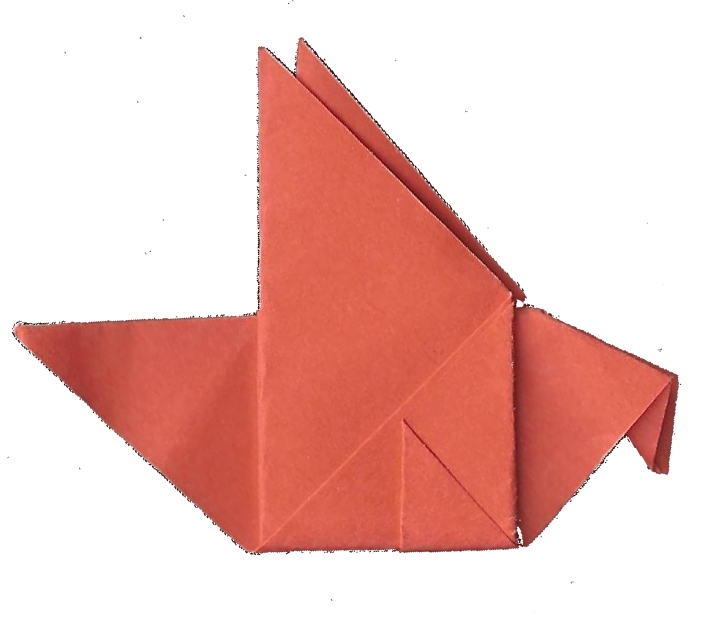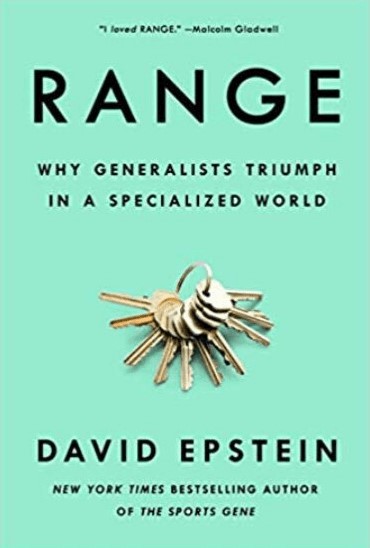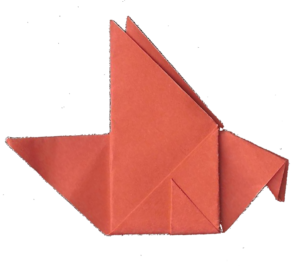How the Range by David Epstein changed my life.
A Little Story
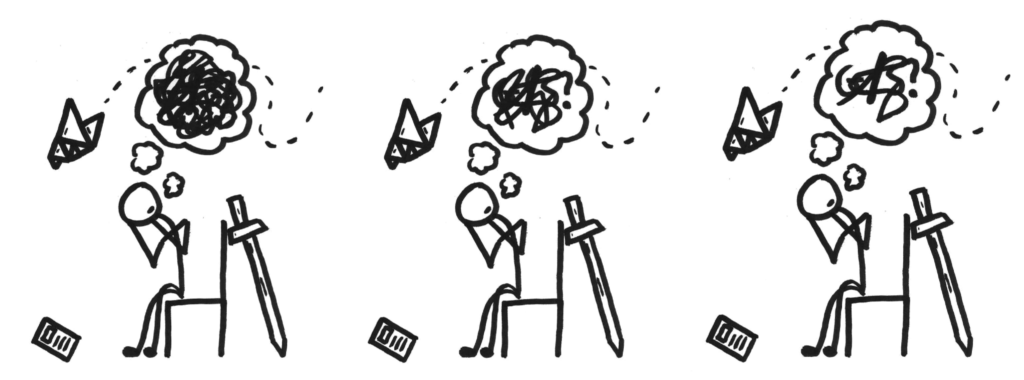
Once upon a time, there was a young warrior. Every day he was wondering about what he wanted to become. Of course, he wanted to become a professional warrior, but that was impossible these days. Feeling sad because this dream was off the table, he searched for other possibilities. One day, as an 18-year-old, he needed to decide on what he was going to study. He based his decision on his grades and his interests as a kid: encyclopedias about animals, plants, and the Earth. That he would go on to study bioscience engineering didn’t surprise anyone.
The first three years of his study rapidly went by. He was getting good grades, followed interesting courses, and even became good friends with some of his fellow bioscience engineering students. Nevertheless, he felt like he was not in the right place. He began to search where this feeling came from. He could not track it back to bad grades, boring courses, or no friends.
So, he went on to think a little deeper.
There was one big problem, he was afraid to talk about this feeling. He was afraid that when he would talk about it, he would face disbelief. “How can you feel that you are not in the right place when everything in your life is going well?”, they would say.
So, without talking with someone, he went on to think a little deeper.
In the third year, he chose a specialty so what if he had chosen the wrong specialty? He went back over the other specialties, but they all seemed less interesting, so his specialty was not the problem. The thought of stopping his study altogether even occurred sometimes. In the meanwhile, he got really into reading books. He thought, “What if I had the wrong reasons to study bioscience engineering? What if I had interpreted my childish love for reading encyclopedias wrong? Maybe I don’t have to do something with science about nature, maybe I have to do something with books”
So, he started a blog about books, nevertheless, he went on to think a little deeper.
He was longing for something more, beyond the walls his study imposed on him. However, he didn’t know what he was looking for outside the safe walls of the university, so he stayed. He didn’t become a “self-made” college drop-out, like Bill Gates. He was too afraid. He kept reading more and more books ranging from astronauts to North-Korean refugees and from fungi to Braitenberg vehicles. Finally, something clicked in his head, he loved variety.
It seemed like the whole world was screaming: “SPECIALIZE!”, certainly in the university, but the warrior knew that he was more of a generalist. This conflict between specialization and generalization occupied most of his mind. “Do I have to specialize or do I have to learn about new topics?”, he thought. A book called Range by David Epstein helped him a lot in his search for answers.
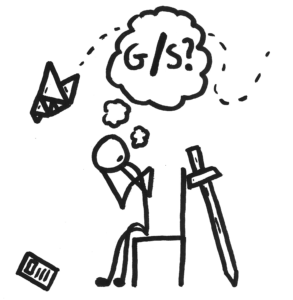
The Game
Let us oversimplify life for a moment and see it as a game. You are given a limited amount of competence points and you can allocate them to a wide range of areas. For example, when you allocate a point to language learning you can’t use the same point anymore for mathematics, art, or public speaking. What are you going to do? Are you going to spend all your competence points on one area you like? Or are you going to spread your competence points as much as possible?
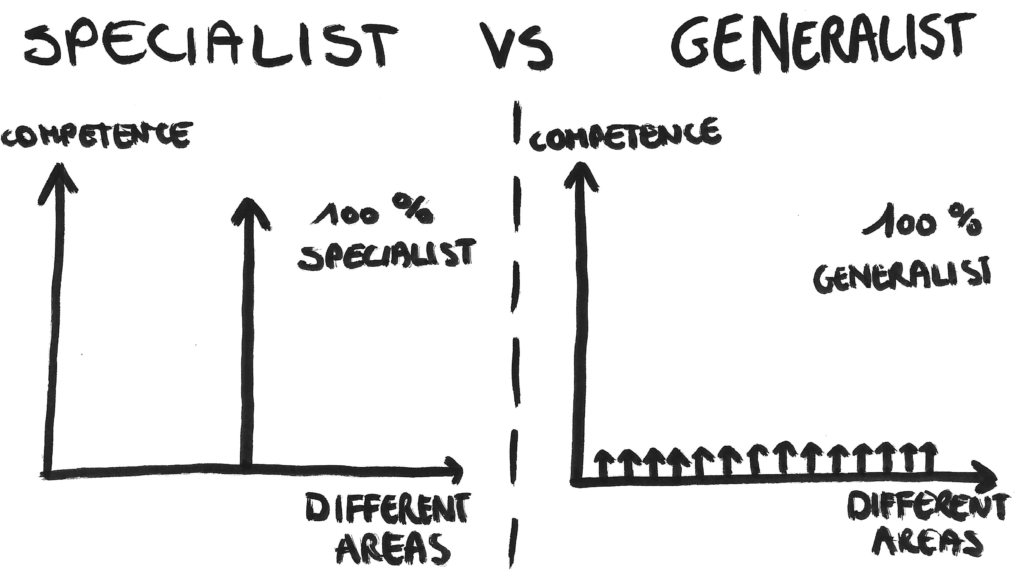
Being a specialist is like being a sniper. If the target is far away and clearly defined, you’re the man for the job. Being a generalist is more like having a swiss army knife. When the target is close and a lot of different skills are required, you’re the man for the job. I think that for me the best thing is something in between. Here are some examples of these in-between scenarios.
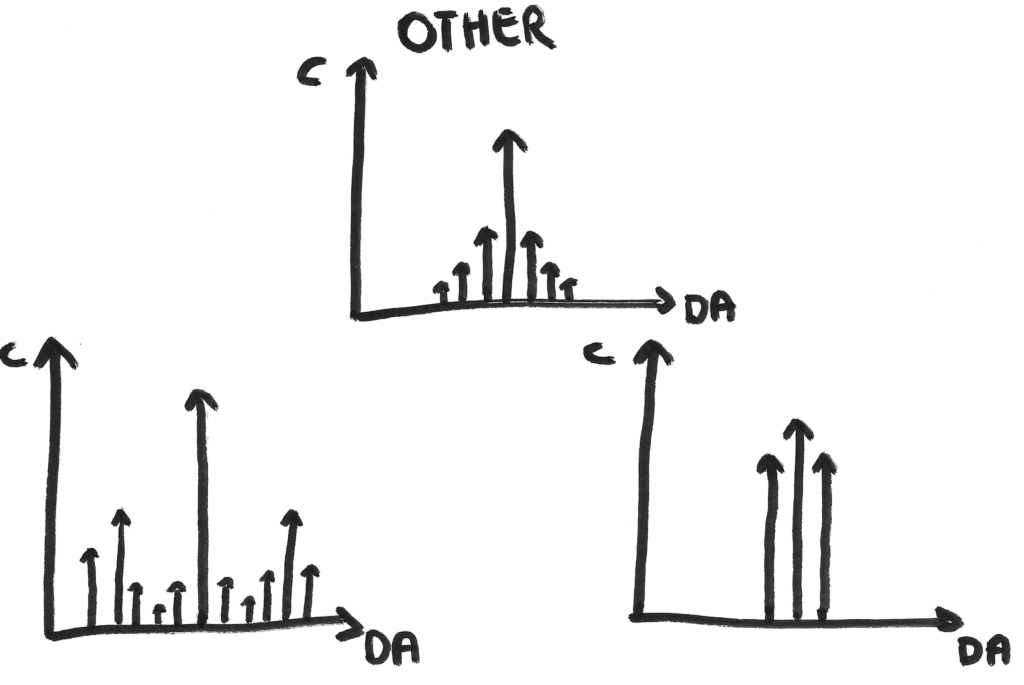
Here you have a specialty, but it’s supported by other proximate or distant areas. I especially like the one on the left. Here you have a specialty, but you also have some good competence in some other distant areas. This combination is in my opinion very good for creativity and the one I try to follow personally. For example, writing is my specialty for this blog, but other distant things like, learning Spanish, running, drawing, and even falling asleep provide me a lot of ideas for my writing.
The Role of the Specialist
What do specialists do actually? I like to see it this way: imagine that all of our human knowledge is represented by a circle. A good specialist would position himself at the boundary of our human knowledge and would try to move beyond it. The specialist would go into the unknown and gather new information. From this perspective, specialists are heroes.
There are also disadvantages to being a specialist. For example, there is a high chance that you get a very narrow view of the world. You see every problem in the world as a problem that can be solved with your specialistic knowledge. Another thing that might happen is that this new knowledge might die out if it doesn’t get used by others or when it is not interlinked strong enough with the rest of the human knowledge.
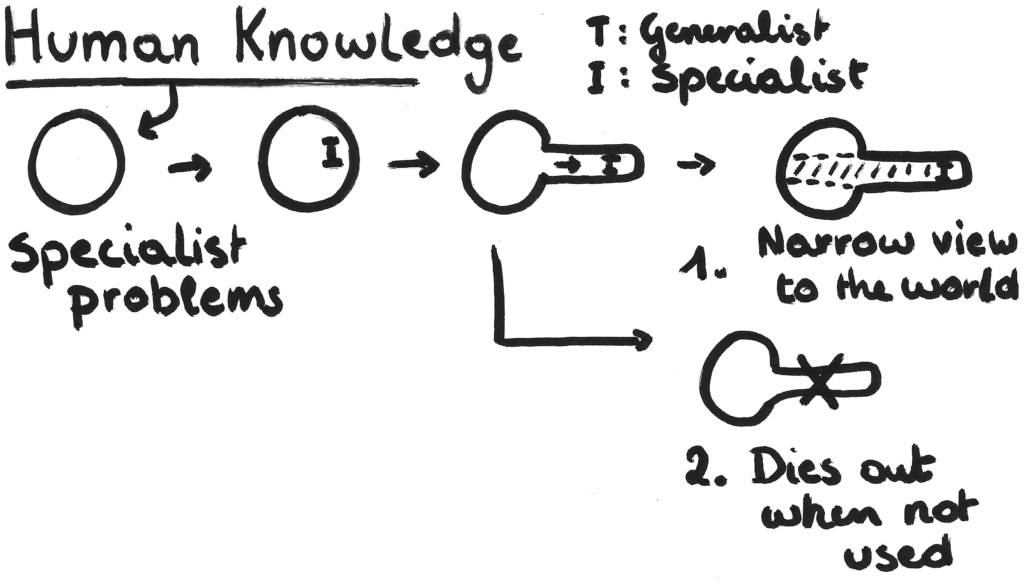
The Role of the Generalist
After that the specialists have made some outward bulges, it’s the role of the generalists to fill the gaps. Because the generalists know a broad range of subjects, they can more easily get creative and combine knowledge from distant areas. They interlink the knowledge gathered by the specialists and ensure that the knowledge gets used in the real world. Now, the human knowledge circle has become bigger.
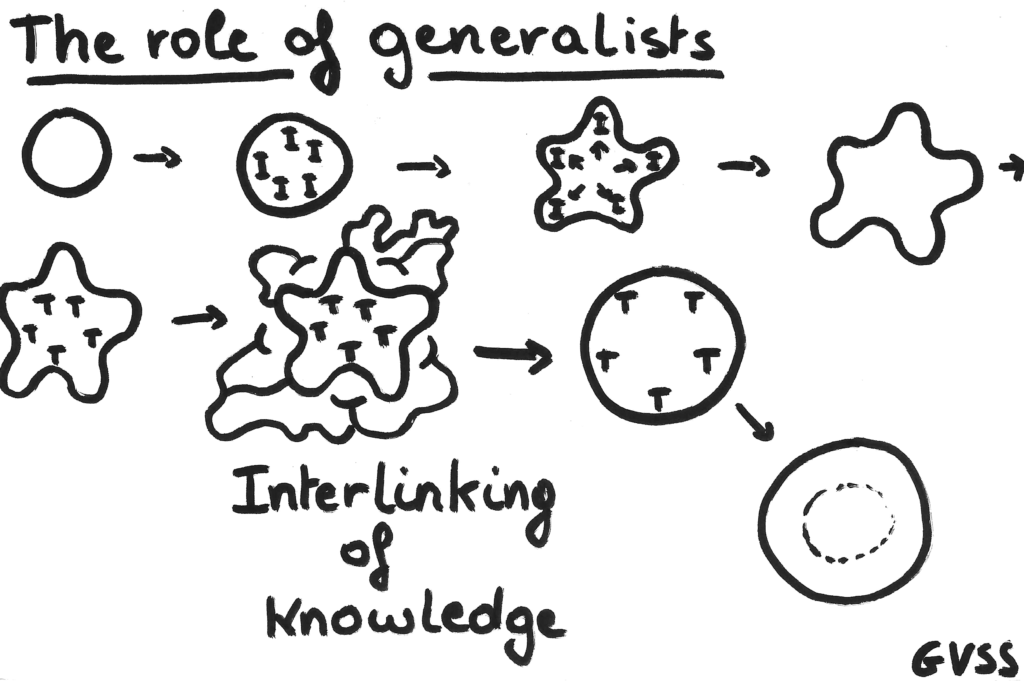
Extra: Building a Network
You probably know Charles Darwin, yes, that bearded guy who is the father of the evolution theory. Charles Darwin was a very interesting person. He was a good generalist, an example. He did experiments in areas that ranged from geology to psychology. This wide experimentation led him to discover the evolution theory. But, like many other geniuses, he didn’t do all the work on his own. He was known for having a broad network of specialists and generalists, with whom he exchanged a lot of letters about his experiments and questions. So, what if you are a generalist who needs to know something specific about a subject? Or what if you are a specialist who wants to hear some other perspectives so that he can see his problem in a new way? You would need to network.
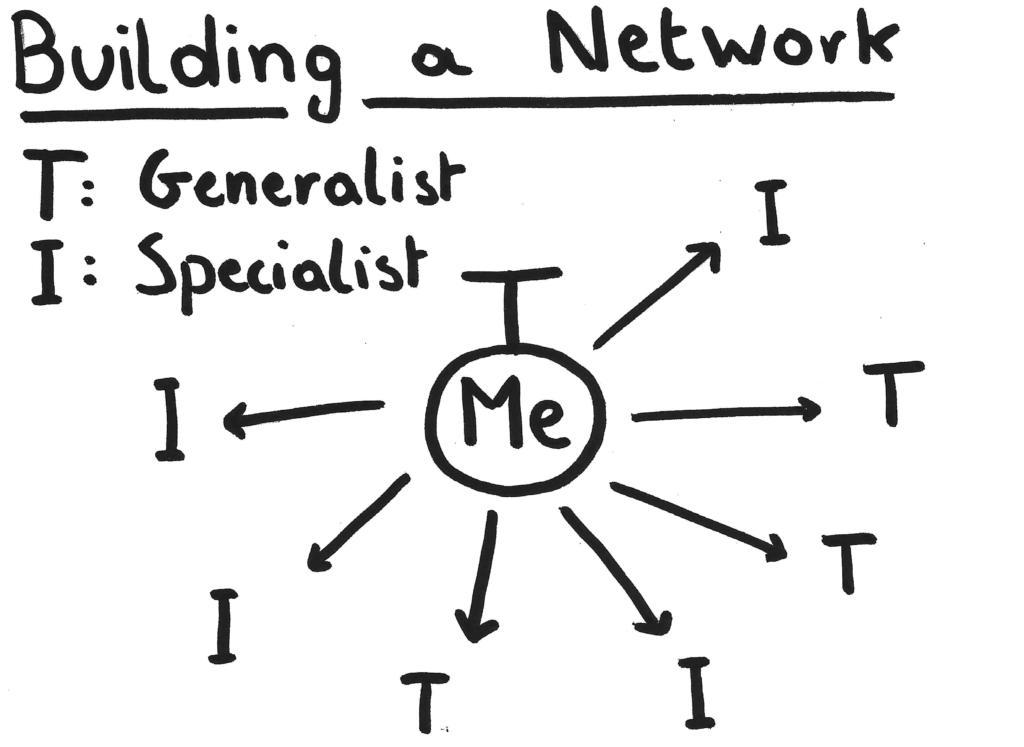
Concluding Thoughts
A jack of all trades is a master of none, but oftentimes better than a master of one
This post isn’t about finding out if generalists are better than specialists or vice versa. The book Range by David Epstein does not say that we should all become generalists and that we don’t need specialists. I needed to write this post for myself. I have asked myself often questions like: “Am I becoming too specialized?” or “Am I spreading myself too thin over a wide variety of areas?”. Writing this down made me realize that I’m more a generalist, and that’s okay. I hope this post may have helped you with your own exploration of what you are.
Exploration is not just a whimsical luxury of education; it is a central benefit
David Epstein
Your Turn
Think about what you are or what you want to be. Are you a specialist? A generalist? Something in between? Try to make your own competence-different areas graph. If you don’t already know, explore!
